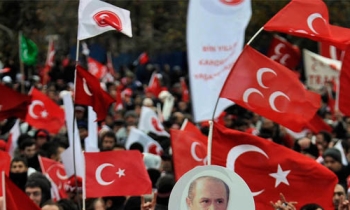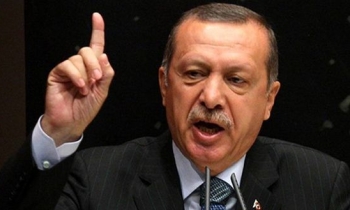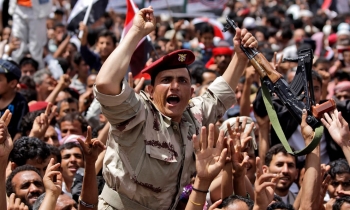A British journalist abducted in the southern Iraqi city of Basra two months ago has been rescued by Iraqi troops.
Richard Butler, who worked for CBS News, was found with a sack over his head and his hands tied inside a house in Basra, Lt Gen Mohan al-Fireji told the Associated Press (AP). He said Butler was in "good" condition. In a statement, CBS said: "We are incredibly grateful that our colleague, Richard Butler, has been released and is safe."
Butler, a freelance photographer, worked for World Picture Network, an agency, and reported from countries such as Liberia and Iraq, before leaving to work for CBS News, the New York Times said in its report
Butler was abducted along with his Iraqi interpreter on February 10 in Basra. The interpreter was later released. Iraqi police and witnesses said the two men were seized by about eight masked gunmen wielding machine guns who stormed a hotel in the city.
Butler was found during an Iraqi military operation in the Jibiliya area, a Shiite militia stronghold in Basra, 340 miles southeast of Baghdad. The Iraqis launched a crackdown last month against Shiite militias in the city.
Speaking to Iraqi journalists on the scene, the Los Angeles Times reported, Butler said he had been sitting in a house with a hood over his head when "there was lots of shouting and gunfire. The Iraqi Army stormed the house and overcame my guards. They burst through my door."
“We are relieved that our colleague Richard Butler is finally free and look forward to him being reunited with family and friends,” said Committee to Protect Journalists (CPJ) Executive Director Joel Simon. “His abduction is a terrible reminder of the risks journalists are taking to shed light on this conflict, specifically on what's happening in southern Iraq. We call on Iraqi authorities to end the cycle of impunity for those who abduct members of the press, and we urge them to ensure that those responsible are swiftly brought to justice.”
“We are happy and relieved that Butler is safe and sound again after two months of being held hostage,” Reporters sans Frontières (RSF) said. “Iraq continues to be extremely dangerous for journalists, including foreign reporters, five years after the start of the war. We have not forgotten the 14 journalists of whom there has been no word in the many months since their abduction.”
Journalists, the New York Times said, have been attacked several times in Basra, Iraq’s second largest city, which is controlled at least partly by armed gangs. The British military, which had controlled the city since 2003, turned responsibility over to Iraqi forces in December. In 2005, two reporters were killed in Basra: an American freelance journalist, Steven C Vincent; and an Iraqi journalist working for the New York Times, Fakher Haider. In both cases, official Iraqi security forces were implicated, though no one has ever been charged.










